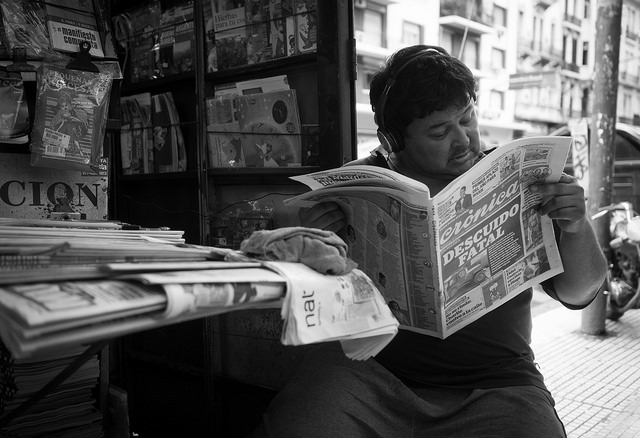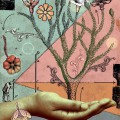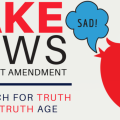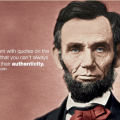Funding nonprofit journalism? Be Transparent and Do No Harm
The American Press Institute, who support a vibrant and democratic free press, recently released some really good work on the ethics of funding of nonprofit journalism, with specific recommendations to come.
I've gotten a glimpse of those recommendations, which have been helpful in advancing my own thinking on a topic that’s a really big deal for me. For years I've funded efforts to advance nonprofit journalism, and my company has joined me in this regard, but here, I'm speaking for myself only. (I haven't been in Craigslist management since 2000.)
The policy recommendations that I see evolving focus on creating transparency as normal. That’s not the same as total transparency, for reasons I learned early on from friends at the Sunlight Foundation, which advocates for government transparency tools. There, I soon concluded, the default regarding government disclosure should be full disclosure except in those instances where it'd hurt the country. For example, I want to see full disclosure of campaign finance info, but I sure don't want to see publication of nuclear weapons designs.

More broadly, I mean that disclosure is the default position; everything should be disclosed except where it might do harm, or, when disclosure becomes oversharing and I’m spamming people. Oversharing is always a judgement call, and I’ll always need feedback regarding the disclosure threshold.
My policy orientation regarding funding nonprofit journalism (which I’m sure will continue to evolve) is fairly straightforward. The following, I feel, are mutual responsibilities:
- Maximum transparency, default to disclosure except where I might do harm, or overshare offer me, as reader and funder, ways to spread the word, via social media and otherwise allow me, as reader and funder, to advise/input/respond in areas of my expertise, including safety conversations help me, the reader, go further, learn more.
- Sparingly restrict use of funding, infrequently specify the purpose of funding, and disclose that.
- And, most importantly, do no harm.
"Do no harm" is a big one -- but especially when it comes to journalism. My personal involvement means that I commit to the following:
- Do not breach anyone's confidence or privacy.
- Do not disclose anything that could place anyone in danger.
- Do not unnecessarily release anything that could reasonably be expected to compromise ongoing criminal investigations.
- Debunk false claims without reinforcing the original lie.
- Follow commitments including nondisclosure and non-disparagement agreements.
Please observe that the balance between transparency and “do no harm” frequently involves a difficult balance.
A personal caveat here about doing no harm: When I’m cited as a source for an article, I'd expect to be able to ensure that I actually said that. (This is a real problem, since there’s normally no penalty for making stuff up.)
Abiding by these ethical guidelines is a lot harder than it sounds. I've been in situations where a reporter demanded disclosures which would harm many, and threatened public embarrassment, and the reporter fulfilled that threat when I refused to do harm.
Sure, the reader can always challenge bad reporting. But debunking false claims post-publication usually only reinforces the lie, given the way people perceive fact-checking and “corrections.” That’s why it’s important that editors and publishers ensure that stories are seriously vetted and sourced.
Part of the problem, of course, is that false claims are often manufactured by full-time professionals who are really good at planting pieces. Ordinary news consumers are hardly the match for a slick disinformation campaign, but journalists have the tools and resources to puncture the myths. And they should.
The future of nonprofit journalism is filled with possibility. But from where I sit, it’s we the readers -- the consumers of media -- that have to make the demands for fair and accurate reporting. We have to get behind organizations such as the American Press Institute, the Sunlight Foundation, Consumer Reports and Wikipedia, and help them create an environment for full transparency, accuracy and honesty.
As my junior high school Civics teacher taught me almost fifty years ago, a (trustworthy) free press is the immune system of democracy. It’s mission critical for the survival of democracy.
(Special thanks to advice from the API folks including Tom Rosenstiel and Bill Buzenberg, also Dan Gillmor and others.)
Photo Credit: Nicolas Alejandro





